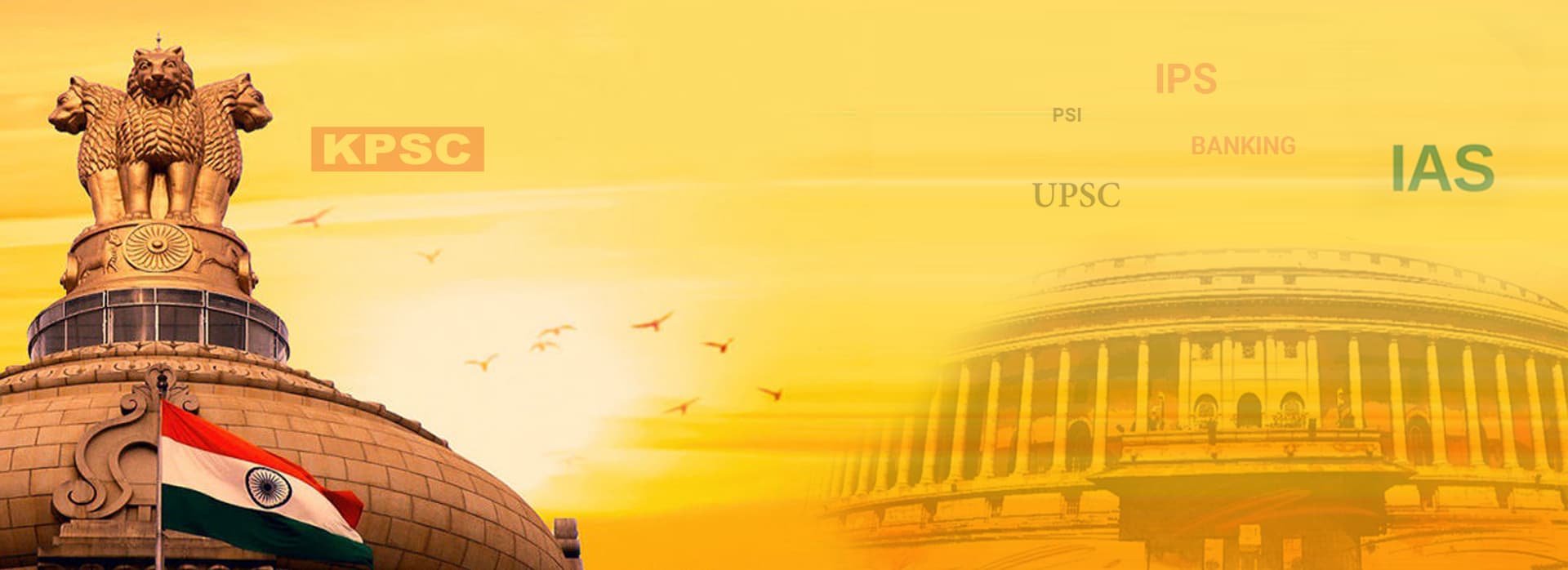Calling Out U.S. Trade Illegality: India’s Silence & Global Response
Syllabus:
GS-2:Bilateral Groupings & Agreements , Effect of Policies & Politics of Countries on India’s Interests
GS-3 :Capital Market
Focus:
On April 2, 2025, the United States announced the imposition of reciprocal tariffs on multiple trading partners, defying WTO rules and triggering global criticism. While countries like China, Brazil, and Canada formally challenged the move, India’s silence raised questions about its commitment to multilateral trade principles.

Understanding the Controversial U.S. Tariff Move:
- On April 2, 2025, the United States announced the imposition of reciprocal tariffs.
- Although the decision has been paused for 90 days (excluding tariffs on China), it has triggered global criticism.
- The tariffs violate World Trade Organization (WTO) rules, but the U.S. leadership under Donald Trump seems unconcerned with international legal norms.
- Countries have responded in mixed ways: some openly criticised the move, others remained silent or cautious.
Global Reaction: The World Speaks Up Against U.S. Trade Practices
Open Criticism by Major Nations
- Several nations directly condemned the U.S. for breaching the Most Favoured Nation (MFN) principle, a central rule of the WTO.
- Singapore’s Prime Minister Lawrence Wong called the tariffs a “complete repudiation of the MFN principle.”
- Brazil labeled the U.S. tariffs a “violation” of WTO commitments.
- China has both filed a dispute at the WTO and imposed retaliatory tariffs on U.S. goods.
- Japan formally highlighted that the unilateral tariffs go against WTO agreements.
- Canada not only imposed counter-tariffs but also filed a legal complaint at the WTO regarding tariffs on its automobile exports.
Moderate Criticism and Diplomatic Responses
- Some countries avoided strong words but expressed discontent.
- Fiji termed the tariff hikes “unfair.”
- Italy’s Prime Minister described the move as a “mistake.”
Silence and Strategic Ambiguity
- Several nations, including India, avoided clear public criticism.
- These countries issued non-committal statements or are still “reviewing” the U.S. decision.
- India’s lack of strong public opposition stands out, given its frequent advocacy for a rule-based international trading system.
India’s Silence: Strategic or Short-Sighted?
Negotiating a Bilateral Trade Agreement (BTA)
- One argument is that India is negotiating a BTA with the U.S., so public criticism might jeopardize talks.
- However, this logic is questionable:
- The U.S. has repeatedly criticized India’s high tariffs (even when WTO-compliant) while still continuing trade talks.
Other nations negotiating with the U.S. have not shied away from condemning the illegal tariffs.
- India could have at least made a diplomatic statement defending the rule-based system without harming bilateral discussions.
- The U.S. has repeatedly criticized India’s high tariffs (even when WTO-compliant) while still continuing trade talks.
WTO Dispute Mechanism Dysfunction
- Another argument is that since the WTO Dispute Settlement Body (DSB) is currently non-functional, filing a claim is pointless.
- However, this is a narrow, transactional view of international law.
- Legal action or public statements have symbolic and strategic value even if enforcement is delayed.
- Countries like China and Canada are well aware of the WTO’s procedural paralysis but still proceeded to file formal complaints.
- Upholding global norms is about signaling moral authority and defending legitimacy rather than just ensuring immediate results.
Importance of Upholding Trade Multilateralism:
The Value of Rules in Global Trade
- International trade is built on a rules-based system to ensure predictability and fairness.
- If powerful countries violate these rules unchecked, the entire system risks collapsing into lawlessness and economic conflict.
- Smaller and developing nations depend heavily on these rules for protection against exploitation by major economies.
India’s Missed Opportunity to Lead the Global South
- Around 40 WTO member countries signed a joint statement defending trade multilateralism and condemning unilateral U.S. tariffs.
- Notably, India did not sign the statement, despite being a traditional champion of developing world solidarity.
- India had the chance to:
- Assert its position as a Global South leader.
Promote a fair and equitable trading order.
- Enhance its diplomatic credibility in multilateral platforms.
- Assert its position as a Global South leader.
- Silence undermines India’s long-standing image as a protector of weaker economies and a defender of global norms.
The Way Forward: Legal, Ethical, and Strategic Choices
Beyond Compliance: Defending the System
- International law’s role is not only to ensure enforcement but also to distinguish legitimacy from brute power.
- Filing a legal case or issuing strong statements, even if outcomes are uncertain, affirms India’s commitment to:
- Rule-based trade.
Global economic justice.
- Normative leadership on international platforms.
- Rule-based trade.
A Call for Ethical Leadership
- India, with its rising global status, should align actions with its stated values.
- By not reacting, India risks:
- Undermining its credibility in international trade discussions.
- Sending a weak signal to domestic industries who rely on fair competition.
- Undermining its credibility in international trade discussions.
- Taking a strong stand now would shape global perceptions of India as:
- A nation committed to both national interest and international fairness.
- A defender of the multilateral trade order rather than a silent observer.
- A nation committed to both national interest and international fairness.
Conclusion:
- The U.S.’s unilateral tariff decision violates WTO norms and challenges global trade’s legal foundations.
- India’s silence is strategically short-sighted at a time when it could champion the cause of the Global South and uphold a fair, rule-based order.
- In an increasingly multipolar world, global legitimacy and leadership require principled action, not diplomatic hesitation.
1 - History will judge India not by the trade deals it signs but by the values it upholds when global norms are under threat.
Source: TH
Mains Practice Question:
The imposition of unilateral tariffs by the United States in 2025 highlights growing disregard for WTO principles. Critically examine India’s response in this context. Should India take a stronger stand to defend multilateral trade norms? Discuss in light of global economic justice and India’s leadership ambitions.





